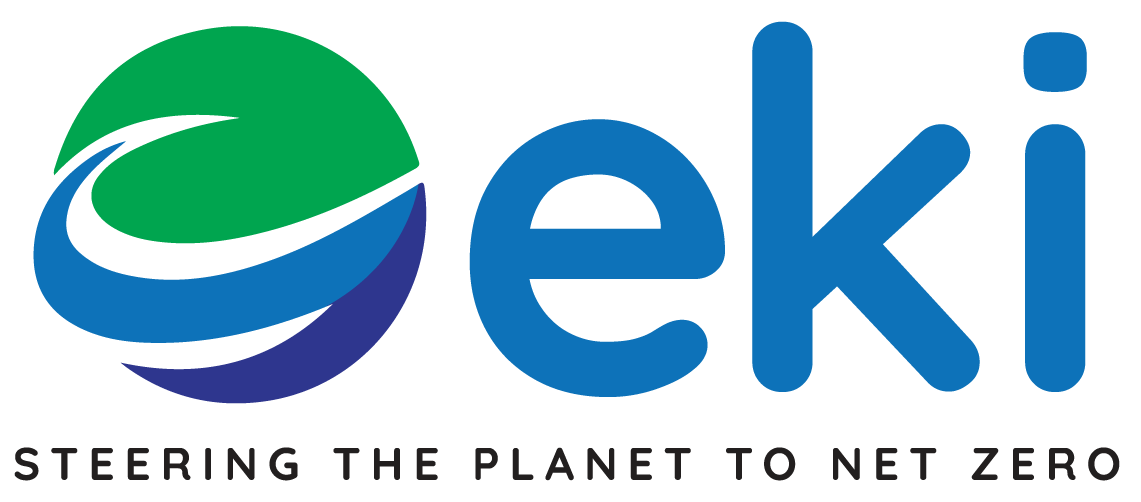An ever-increasing number of organizations are accelerating their climate action even as regulatory pressures and societal demands for greater environmental responsibility have increased.
There is a well-established link between sustainability and business functions such as accounting, marketing and operations management, but what needs attention is sustainable HRM. HR is key for an organization to achieve success in sustainability. Since the prime focus of HR professionals includes change management, organizational process and culture stewardship, they should take a leading role in developing and implementing a sustainability strategy.
Sustainable and Green HRM
One of the key areas where sustainable and green HRM can have a significant impact is recruitment and selection. Organizations can implement green recruitment practices by leveraging technology to reduce paper usage, using video conferencing for interviews, and promoting telecommuting options to reduce carbon emissions from transportation. Additionally, organizations can prioritize the hiring of individuals with expertise in sustainability or environmental issues, and those who demonstrate a commitment to sustainable practices.
Today, not only do companies want to recruit employees who can support effective environmental management and maintain the company’s environmental values; even young talent wants to get associated with companies that have established a green reputation.
Another area where sustainable and green HRM can have an impact is employee engagement and motivation. By promoting a culture of sustainability within the organization, employees are more likely to be motivated to engage in environmentally-friendly practices both in and outside of the workplace. HRM can encourage this by organizing environmental campaigns and providing training programs on sustainable practices.
Ways to Do Green HR
One way organizations can implement sustainable and green HRM is by developing a sustainable HRM strategy. This involves identifying areas where the organization can reduce its environmental impact, setting targets and goals for reducing this impact, and developing policies and practices to achieve these goals. Such a strategy can be integrated into the overall organizational strategy, ensuring that sustainability is a key consideration in all aspects of the business.
Additionally, HRs can work with employees to identify areas where the organization can become more sustainable, such as reducing energy consumption, increasing recycling efforts, or promoting alternative transportation options. By involving employees in the sustainability process, HRs can create a sense of ownership and commitment to these initiatives.
Another aspect of sustainable and green HRM is to focus on promoting social responsibility. This involves promoting ethical and socially responsible practices in the workplace, such as fair treatment of employees, promoting diversity and inclusion, and ensuring that suppliers and vendors adhere to sustainable and ethical practices.
Corporate social responsibility (CSR) programs can also help significantly. These programs are designed to promote sustainability, ethical practices, and social responsibility, and can include initiatives such as charitable giving, volunteer work, and community outreach programs.
Outcomes of Having a Green Agenda for HR
- Higher Productivity Rate
When employees are indulged in green practices, they are self-driven to preserve the environment in addition to their functional contribution to the job which contributes to the holistic development of employees and enhances their performance.
- Improved Employee Well-being
When employees support as well as practice the company’s eco-friendly initiatives that lower its carbon footprint, there is more likely to be a healthy environment in the organization where people fall sick less often. Employees will be more active at work and there will be less absenteeism from work.
- Enhanced Brand Value and Recognition
Sustainable and green HRM can impact the organization’s reputation and brand. As consumers become more environmentally-conscious, organizations that demonstrate a commitment to sustainability and environmental responsibility are more likely to be viewed positively. HRM can play a role in promoting the organization’s sustainability efforts, both internally and externally, through communication and branding initiatives.
- Increased Employee Retention
An organization’s green credentials are crucial for attracting candidates, particularly younger people because they are better aware of long term impact of climate change and are quite conscious while making decisions whether it’s about buying products or searching for job opportunities. A majority of employees take pride when their organization show concern for the environment and society. Hence, following green HR practices can help in improving the employee retention rate.
Sustainable HRM is the Future
An increasing number of organizations are now realising the significant impact of sustainability on their reputation, competitiveness and ability to attract strong talent. Mindful of their environmental and societal impacts, sustainable organizations now seek input from a diverse set of stakeholders and HR function is an important part of that group as it can help create and implement sustainable business strategy throughout the organization. Adopting a green agenda does not represent a total transformation of the HR function but rather a refocus in terms of direction and underlying mindset.










